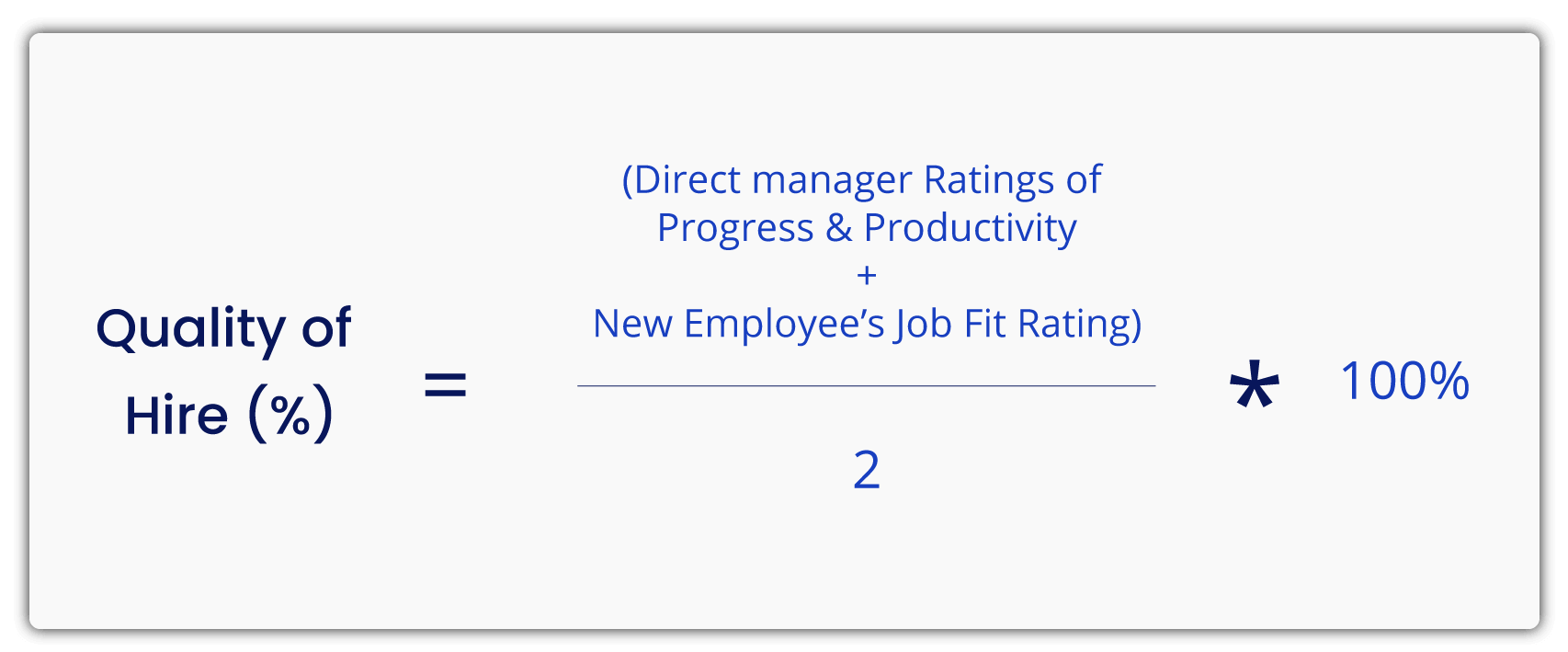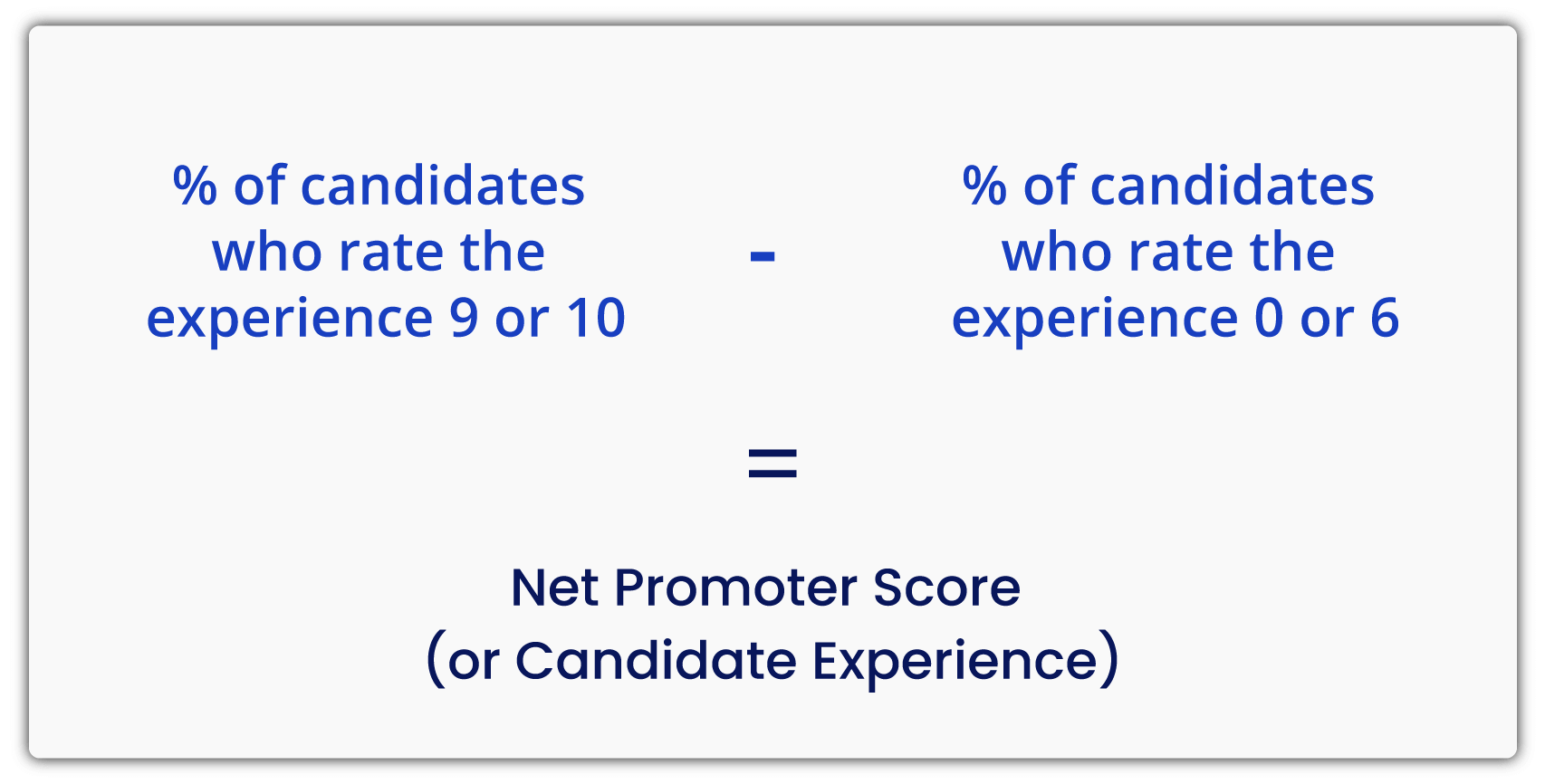How to Measure Campus Recruitment Effectiveness
It's one thing to create a campus recruitment plan and whole another ballgame to measure its efficacy. In fact, as per data by an Aptitude Research Partners study, "Employers who recruit on campus are 3x more likely to improve retention, and 2x more likely to improve engagement and productivity."
That said, a mere 30% of companies have processes in place to measure their recruiting efforts--a fatal error. With multiple strategies and factors affecting its collective success (or failure), it is critical for you to review and monitor the right metrics for successful campus recruitment. This is where embracing a data-driven approach can pay off huge dividends.
According to research by the Harvard Business Review, “Only about a third of U.S. companies report that they monitor whether their hiring practices lead to good employees." Not reviewing your recruitment processes can lead to higher costs and lower ROI. So here are a few questions you need to ask when you're evaluating the recruitment data:
- How many campus events did you attend?
- How many candidates ended up completing the application during the campus event? How much time did they take?
- Where are your hires from?
- Which medium/channel did your hires use to apply to your organization? For example, did they use a job-posting website?
- How many candidates engaged with your social media recruitment posts?
- How many visitors did the career section of your company's website have?
- How long does the entire hiring process last?
- How much money is spent on each hire?
- What is the retention rate of newer employees?
- What is your offer to acceptance ratio like?
- What is your interview to offer ratio?
Once you have all the answers at your disposal, think about whether your recruitment efforts align with your business goals to determine the effectiveness of your recruiting strategy. Here is an illustrative example for your reference:
| Goal |
Metric to Measure |
| Source quality candidates |
- Size of the talent pool
- Number of events attended
- Hire source
- Job application completion rate
- Qualified candidates per hire
- Number of qualified candidates per event
- Number of qualified candidates per university
|
| Improve candidate engagement |
- Social media engagement
- Candidate contact touchpoints
- CRM responsiveness
|
| Accelerate the recruitment drive |
- Time to hire
- Duration of the various stages in the hiring process
|
| Reduce recruitment costs |
- Cost per hire
- Time to hire
|
| Lower attrition rates |
- Vacancy rate
- Retention rate
- Employee reviews
|
In addition to the recruitment metrics mentioned above, it is important to laser-focus on skills assessment of students and hires. Here are a few recruitment metrics to consider when assessing candidates for their skills for tech and non-tech roles:
Key Recruitment Metrics you Should Measure
Choosing the right set of recruitment metrics can help you to track the hiring success and optimize the talent gap as needed as resumes typically lie. When it comes to recruiting for non-tech roles, pay special attention to skills assessment using the following metrics:
-
Quality of Hire: This metric factors in key elements such as pre and post-hire data,
turnover rate, employee engagement, cultural fit, and job performance. Here's how you can calculate
it:
-
Candidate Experience/Net Promoter Score: This metric is important when you want to understand how your hiring process impacts the candidate positively or negatively. In fact, according to research by IBM, positive candidate experience is
linked to greater advocacy and better retention. To calculate the candidate experience, analyze candidate skills via assessments, review job boards, and monitor how candidates are discussing your organization on social media. Here's the formula to calculate it:
-
Job Offer Acceptance: When it comes to campus hiring, you want to attract the top
talent. This can only happen if the candidate's expectations are in alignment with your hiring
process. This metric throws light on why candidates choose to accept the offer or reject it.
You can use this information to gather insights into how to pivot or improve your hiring process.
Here's the formula to calculate it:
Additionally, Here are Top 3 Skills Assessment Related Recruitment Metrics for Tech Roles
It is important to know that recruitment strategies for a tech-related role are not accidental or relies heavily on guesswork. Having clearly defined skills assessment metrics, in the beginning, can empower you to improve the candidate and recruiter experience. Here are a few essential metrics to consider when hiring for a tech role:
- Technical skills and programming skills: This metric empowers you to benchmark skills and proficiency levels in coding and debugging. Assess the candidate on their technical skills to understand whether they can empathize with the end-user emotionally and build products keeping the customer's perspective in mind.
- Role-specific skills: If you want to assess candidates for a specific role, go for assessing hard skills that can be gained through direct experience or training. This includes domains such as customer service, Data Science, Google Ads, and the like.
- Soft skills such as collaboration and language: Assessing for soft skills is equally important as assessing for technical skillsets. The candidate should be able to articulate their thoughts and communicate with on-point perfection. This metric allows you to assess the candidate's cognitive abilities and attributes such as problem-solving, critical thinking, attention to detail, associative memory, quantitative aptitude, etc.
The learning: There are literally thousands of questions and recruitment
metrics to gauge performance, offer transparency, gather real-time insights, and
measure recruitment efficacy via an objective lens. The end goal should be to
monitor performance at every step along the recruitment process, drive a data-led
hiring process, and analyze growth opportunities as well as areas of weakness.
Finally, recruiters should evaluate successes and failures from the whole process
instead of looking at the recruitment stages in silos.







